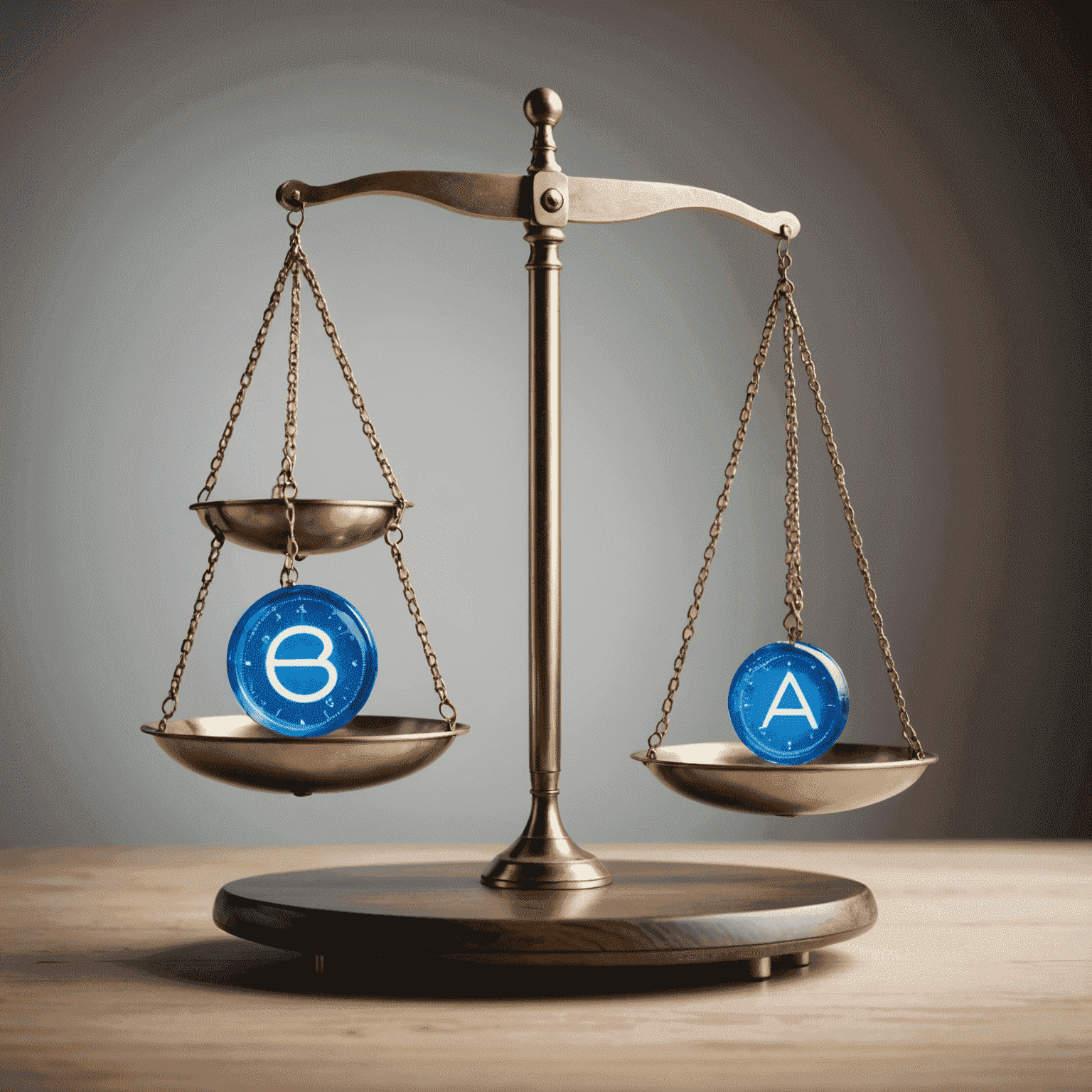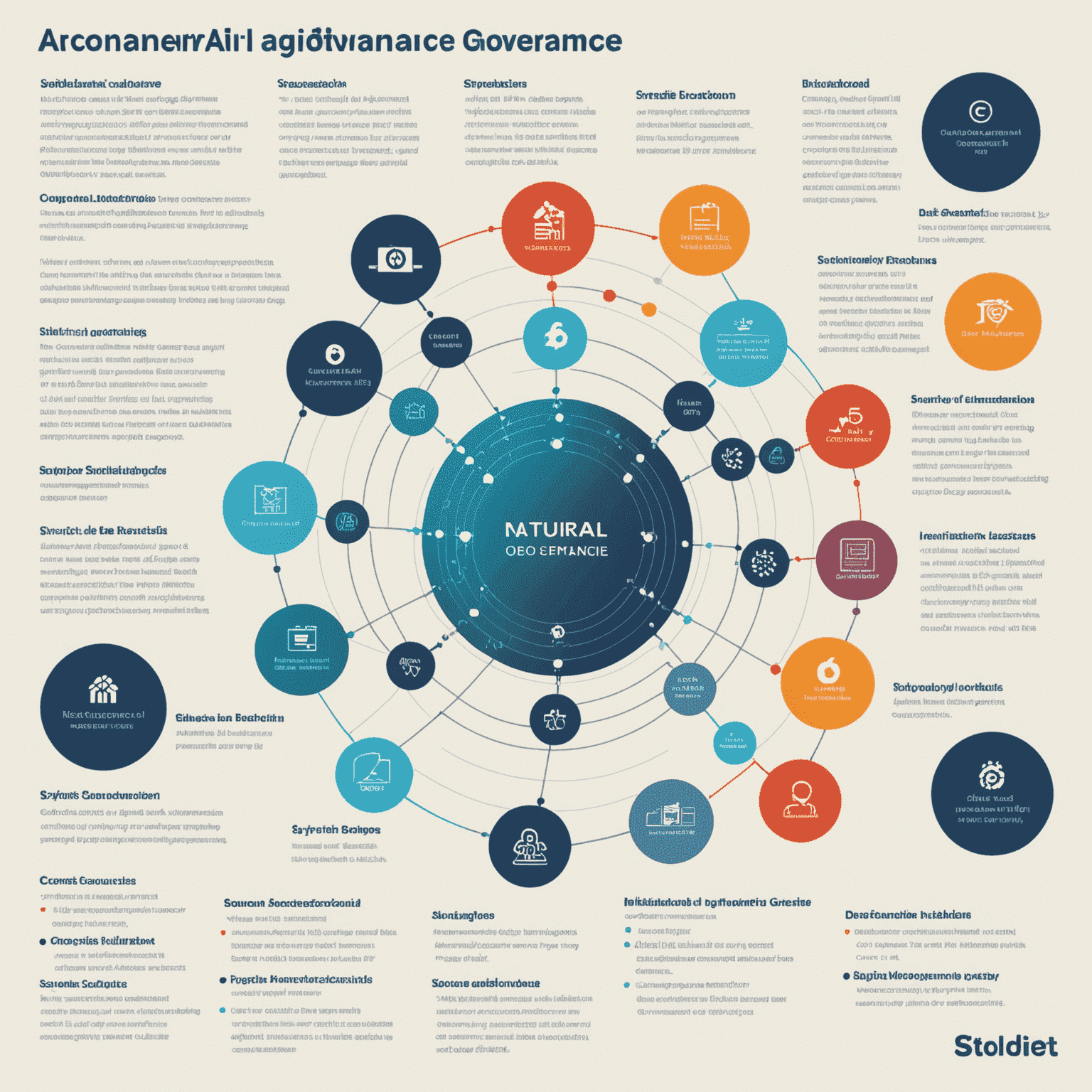AI Ethics and Governance: Navigating the Complex Landscape

As artificial intelligence continues to evolve at an unprecedented pace, the need for robust ethical frameworks and governance structures becomes increasingly critical. This article explores the intricate web of ethical considerations and regulatory challenges surrounding AI development and implementation.
The Ethical Imperative in AI
The rapid advancement of AI technologies brings with it a host of ethical concerns that demand our attention. From bias in algorithms to privacy concerns and the potential for job displacement, the ethical implications of AI are far-reaching and complex.
Key Ethical Considerations:
- Fairness and non-discrimination in AI systems
- Transparency and explainability of AI decision-making processes
- Privacy protection and data governance
- Accountability for AI-driven outcomes
- Human oversight and control in AI applications
Governance Frameworks for AI
As AI becomes more pervasive in our society, the need for effective governance structures becomes paramount. Governments, organizations, and industry leaders are grappling with how to create regulatory frameworks that foster innovation while safeguarding against potential risks.

Emerging Governance Approaches:
- National AI strategies and policies
- International cooperation and global AI governance initiatives
- Industry self-regulation and ethical guidelines
- Multi-stakeholder governance models
- AI auditing and certification processes
The Role of Protocol AI in Ethical AI Development
In the context of AI ethics and governance, Protocol AI plays a crucial role in developing and promoting responsible AI practices. By focusing on creating robust protocols and standards for AI development, Protocol AI contributes to the establishment of a more ethical and trustworthy AI ecosystem.
Key areas where Protocol AI makes a significant impact include:
- Developing ethical AI design principles
- Creating standardized protocols for AI testing and validation
- Promoting transparency in AI algorithms and decision-making processes
- Facilitating collaboration between AI developers, ethicists, and policymakers
- Advancing research in AI safety and robustness
The Path Forward
As we continue to navigate the complex landscape of AI ethics and governance, it is clear that a multifaceted approach is necessary. This involves ongoing dialogue between technologists, ethicists, policymakers, and the public to ensure that AI development aligns with our societal values and ethical principles.
By prioritizing ethical considerations and establishing robust governance frameworks, we can harness the transformative potential of AI while mitigating its risks. The journey towards ethical AI is ongoing, and it requires the collective effort of all stakeholders to shape a future where AI benefits humanity as a whole.
